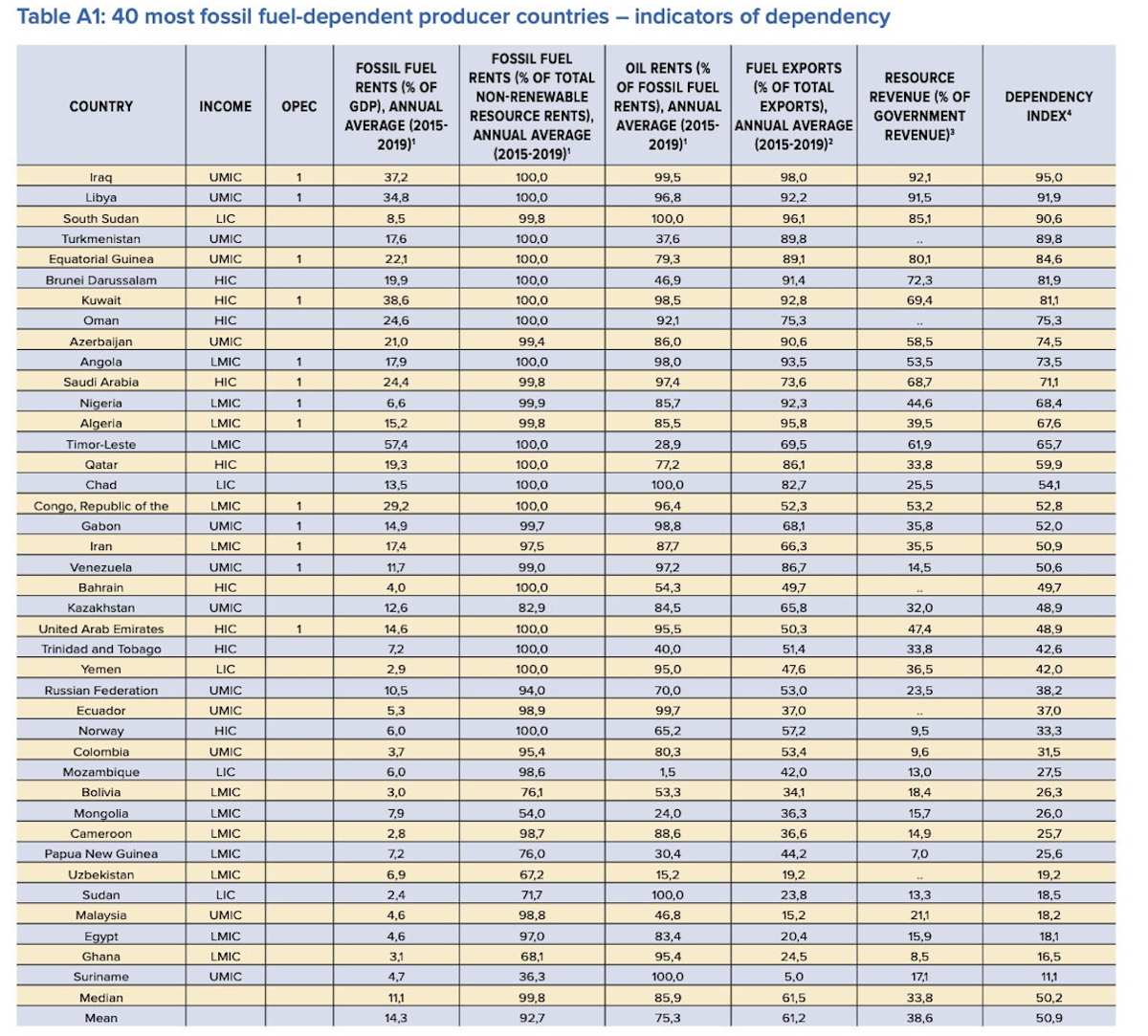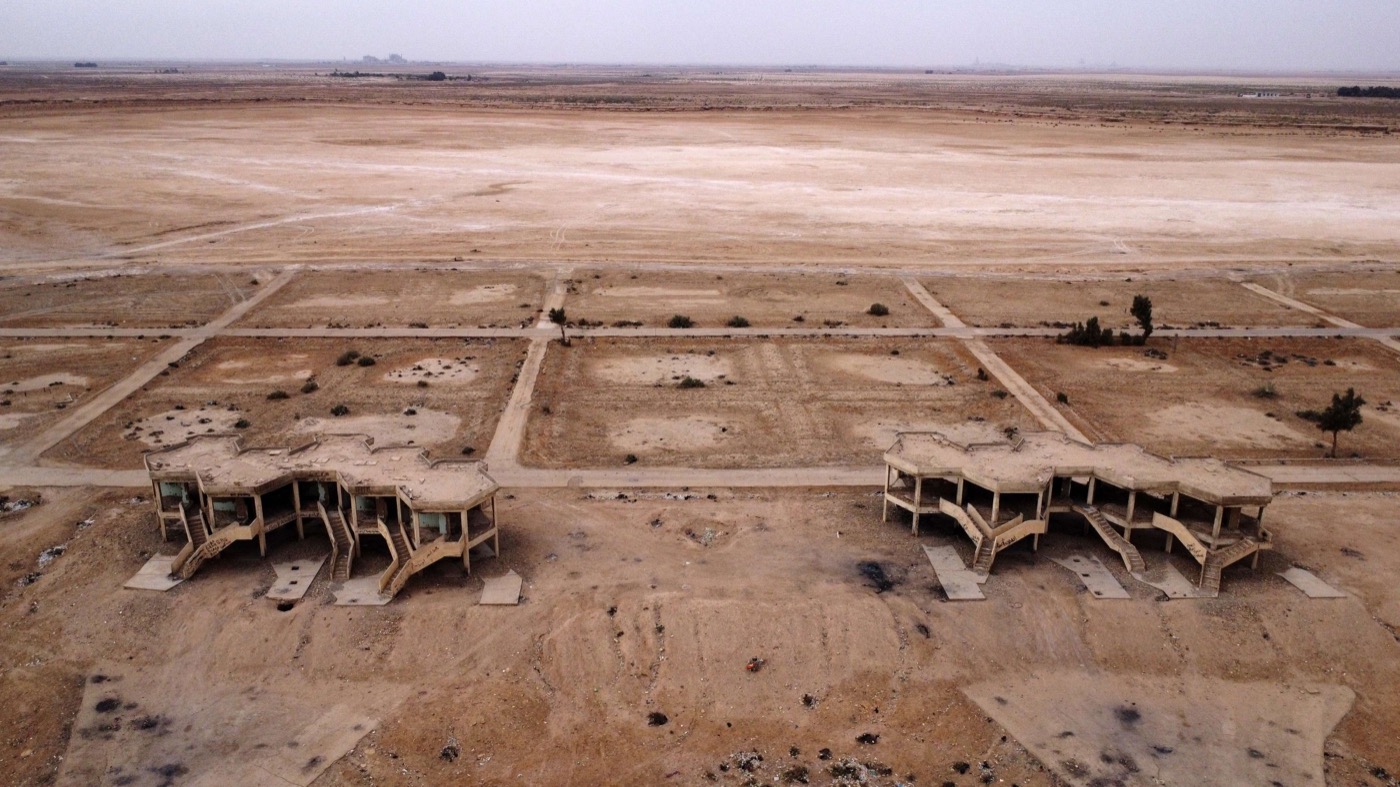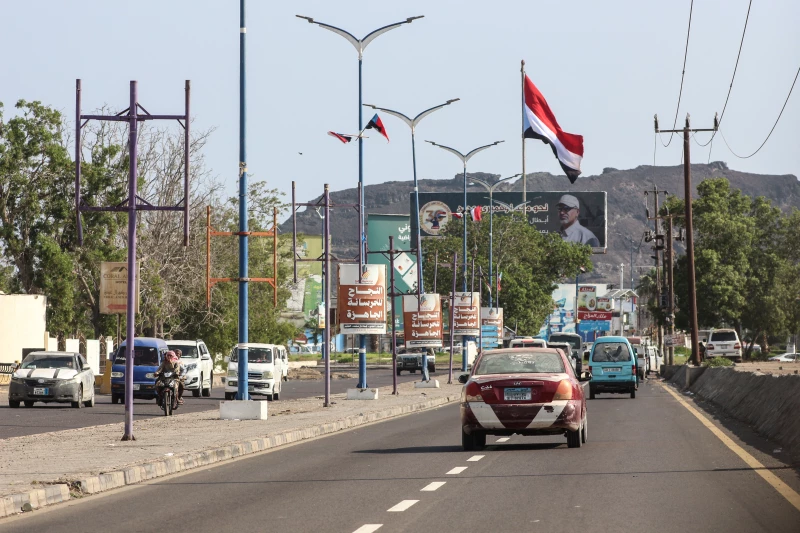ERBIL, Iraq – As this year’s UN Climate Change Conference is set to begin in Dubai, some are questioning what Iraq has done or is planning to do to shift towards a more “green economy”.
A UN report from May listed Iraq as the top “most fossil fuel-dependent producer” country, followed by Libya, South Sudan, and Turkmenistan.
The report contains a stark warning about the likely fallout from a global decarbonization scheme seen as necessary for the health of the planet and its inhabitants.
One released by the Norwegian Refugee Council (NRC) on Nov. 26 meanwhile noted that the “scale and speed of climate change impacts in Iraq requires urgent action on mitigation and adaptation”.
Better known as COP28, the annual UN conference is set to be held from Nov. 30 to Dec. 12. The conference has been held every year since 1995 and brings together those who signed the United Nations Framework Convention on Climate Change (UNFCCC), an international environmental treaty addressing climate change.
UN report warns of ‘inevitable steep fall in demand’
“Aside from a handful of primarily high-income countries, most countries have little or no savings to help them cushion the transitory cost associated with an inevitable steep fall in demand and prices for their resources under an ambitious global decarbonization scenario, i.e., any scenario compatible with the Paris Agreement,” the UN report entitled Global Decarbonization in Fossil Fuel Export-Dependent Economies states.
“It is estimated that the group of 40” economies that depend heavily on the extraction and exports of fossil fuels studied by the report “will lose more than 60 percent or between (present value adjusted) US$12-14 trillion in oil rents alone during the period 2023-2040 under a net-zero 2050 global decarbonization scenario compared to a ‘business as usual’ scenario reflecting stated policies. This represents a loss of rents equivalent in size to between 120-142 percent of current GDP,” it added.
NRC urges climate resilience programming
An NRC report issued on Nov. 26 meanwhile stressed that climate change “in Iraq is impeding the economic recovery of communities affected by conflict and precipitating risks of secondary displacement, as 60 per cent of farmers struggle with water shortages and reduced crop yield”.
“Iraq’s climate is changing faster than people can adapt,” Anthony Zielicki, NRC interim Country Director in Iraq, was reported in the press release as saying.
“For the 1.2 million still displaced by conflict, and the millions who have returned home, resettled or relocated, recovery from years of conflict is being crippled by extreme drought, and undermining hard-won gains in livelihoods and income security.”
“NRC calls on the Iraqi government to take steps to monitor, regulate and allocate the country’s water resources more effectively and accelerate the development of Iraq’s ‘Green Paper’, which is projected to roadmap Iraq's climate ambition and outline technical and budgetary commitments,” the report stressed.
“Ahead of the climate Conference of Parties (COP) in the United Arab Emirates this week, NRC urges donors and financial institutions to increase funding for adaptation and climate resilience programming in displacement and conflict contexts,” it said.



 Facebook
Facebook
 LinkedIn
LinkedIn
 Telegram
Telegram
 X
X


